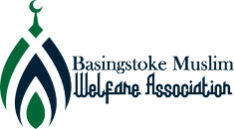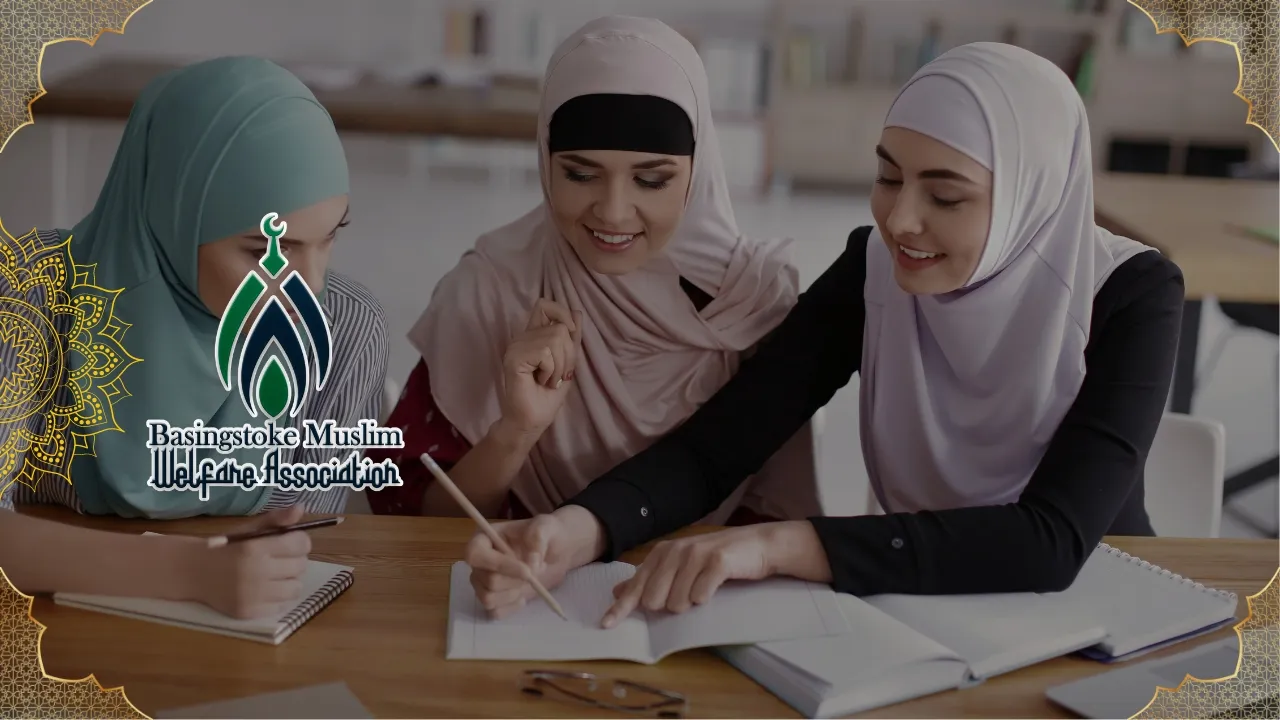The role of women in Islam is a topic of considerable significance, often subject to diverse interpretations and cultural influences. Within the Basingstoke Muslim Welfare Association, there is a growing recognition of the importance of empowering women and promoting gender equality in line with Islamic teachings. In this comprehensive article, we will explore the multifaceted role of women in Islam, their rights and responsibilities, and efforts to empower women within our community.
Historical Perspective
To understand the role of women in Islam, it’s essential to consider the historical context in which Islamic teachings emerged. During the time of the Prophet Muhammad (peace be upon him), Arabia was a society marked by tribalism, patriarchy, and widespread injustices towards women.
Islam brought about significant reforms aimed at uplifting the status of women and safeguarding their rights. The Quran and the teachings of the Prophet Muhammad emphasized the dignity, equality, and worth of all individuals, regardless of gender. Women were granted legal rights, including the right to inheritance, property ownership, and participation in social and economic activities.
Moreover, Islam introduced ethical principles that promoted justice, compassion, and respect for women’s autonomy and agency. The Prophet Muhammad himself championed the rights of women, advocating for their education, economic independence, and participation in public life.
Empowerment Through Education

Education plays a central role in empowering women within the Islamic tradition. The Quranic injunction to seek knowledge applies to both men and women, emphasizing the importance of intellectual growth and enlightenment for all believers.
Throughout Islamic history, women have played prominent roles as scholars, educators, and community leaders. From the renowned scholar Aisha, who transmitted thousands of hadiths (sayings of the Prophet), to contemporary Muslim women scholars and activists, education has been a pathway to empowerment and leadership for women in Islam.
Within the community of Basingstoke Muslims, efforts to empower women through education are evident in initiatives such as women’s study circles, seminars, and workshops. These programs provide women with opportunities to deepen their understanding of Islam, develop critical thinking skills, and engage with issues relevant to their lives and communities.
Challenging Gender Stereotypes

Despite the progress made in empowering women within Islam, gender stereotypes and cultural barriers continue to pose challenges. In some contexts, patriarchal interpretations of Islamic teachings may perpetuate discriminatory practices and limit women’s opportunities for full participation in society.
Addressing these challenges requires a multifaceted approach that combines education, advocacy, and community engagement. By challenging gender stereotypes and promoting a more inclusive interpretation of Islamic teachings, we can create space for women to thrive and contribute their talents and abilities to the community.
Moreover, fostering dialogue and collaboration between men and women is essential for promoting gender equality within the Muslim community. By working together to address common challenges and aspirations, we can build a more cohesive and equitable community where everyone has the opportunity to fulfill their potential.
Supporting Women’s Empowerment

Supporting women’s empowerment is not just a moral imperative; it’s also a strategic investment in the well-being and prosperity of society as a whole. Numerous studies have shown that when women are empowered, they contribute to economic growth, social stability, and the overall development of their communities.
Within the Basingstoke Muslim community, there are various ways to support women’s empowerment, including:
- Providing access to resources and opportunities for education, training, and skill development.
- Promoting women’s participation in decision-making processes within the community.
- Creating supportive networks and mentorship programs for women to share experiences and support one another.
- Advocating for policies and initiatives that promote gender equality and women’s rights within the broader society.
Conclusion
The role of women in Islam is a multifaceted and dynamic topic that reflects the diversity and richness of Islamic teachings and traditions. Within the Basingstoke Muslim Welfare Association, there is a growing recognition of the importance of empowering women and promoting gender equality in line with Islamic values.
By embracing the principles of justice, compassion, and equality enshrined in Islamic teachings, we can create a community where women are valued, respected, and empowered to fulfill their potential. Through education, advocacy, and community engagement, we can work together to build a more inclusive and equitable society where everyone has the opportunity to thrive.


